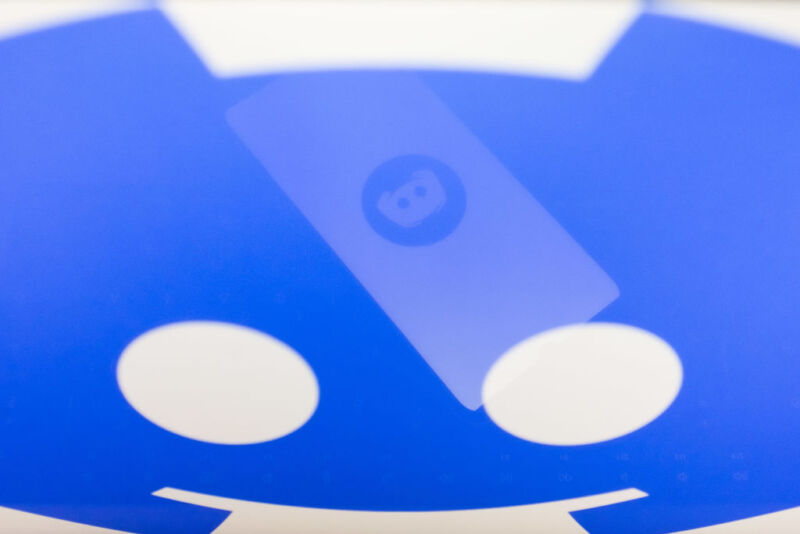Reddit sues to block Perplexity from scraping Google search results
“Unable to scrape Reddit directly, they mask their identities, hide their locations, and disguise their web scrapers to steal Reddit content from Google Search,” Lee said. “Perplexity is a willing customer of at least one of these scrapers, choosing to buy stolen data rather than enter into a lawful agreement with Reddit itself.”
On Reddit, Perplexity pushed back on Reddit’s claims that Perplexity ignored requests to license Reddit content.
“Untrue. Whenever anyone asks us about content licensing, we explain that Perplexity, as an application-layer company, does not train AI models on content,” Perplexity said. “Never has. So, it is impossible for us to sign a license agreement to do so.”
Reddit supposedly “insisted we pay anyway, despite lawfully accessing Reddit data,” Perplexity said. “Bowing to strong arm tactics just isn’t how we do business.”
Perplexity’s spokesperson, Jesse Dwyer, told Ars the company chose to post its statement on Reddit “to illustrate a simple point.”
“It is a public Reddit link accessible to anyone, yet by the logic of Reddit’s lawsuit, if you mention it or cite it in any way (which is your job as a reporter), they might just sue you,” Dwyer said.
But Reddit claimed that its business and reputation have been “damaged” by “misappropriation of Reddit data and circumvention of technological control measures.” Without a licensing deal ensuring that Perplexity and others are respecting Reddit policies, Reddit cannot control who has access to data, how they’re using data, and if data use conflicts with Reddit’s privacy policy and user agreement, the complaint said.
Further, Reddit’s worried that Perplexity’s workaround could catch on, potentially messing up Reddit’s other licensing deals. All the while, Reddit noted, it has to invest “significant resources” in anti-scraping technology, with Reddit ultimately suffering damages, including “lost profits and business opportunities, reputational harm, and loss of user trust.”
Reddit’s hoping the court will grant an injunction barring companies from scraping Reddit content from Google SERPs. It also wants companies blocked from both selling Reddit data and “developing or distributing any technology or product that is used for the unauthorized circumvention of technological control measures and scraping of Reddit data.”
If Reddit wins, companies could be required to pay substantial damages or to disgorge profits from the sale of Reddit content.
Advance Publications, which owns Ars Technica parent Condé Nast, is the largest shareholder in Reddit.
Reddit sues to block Perplexity from scraping Google search results Read More »





